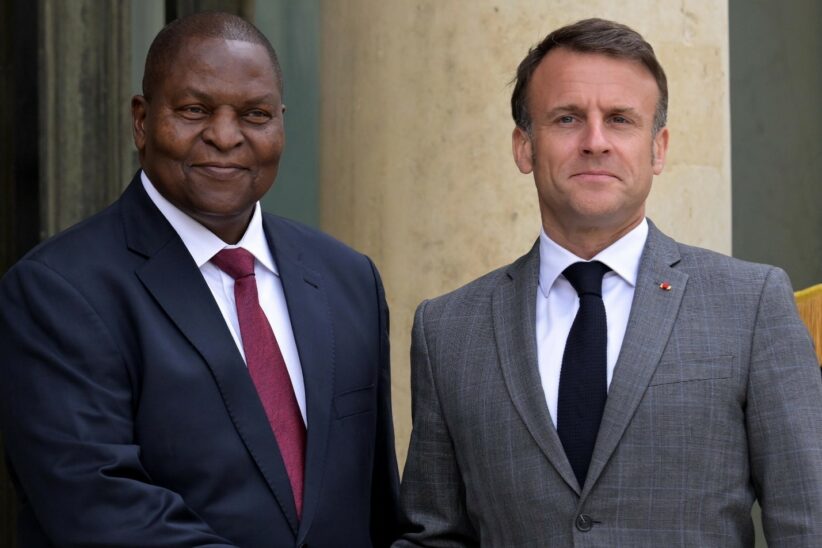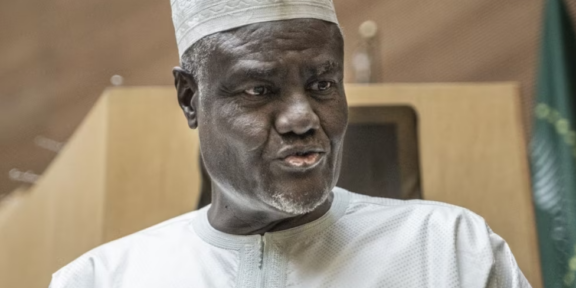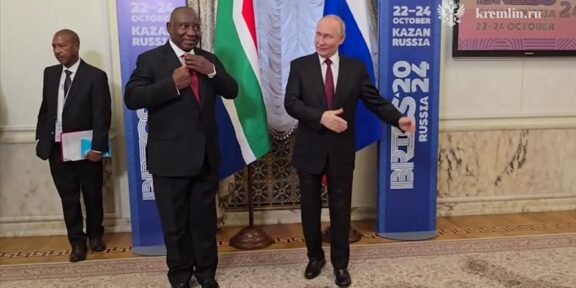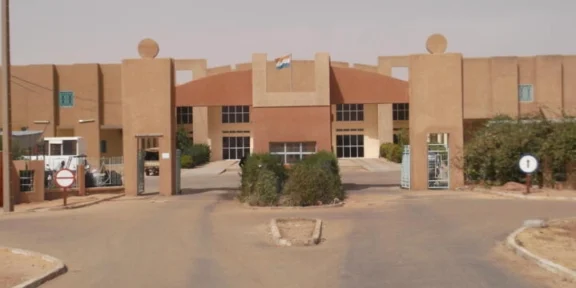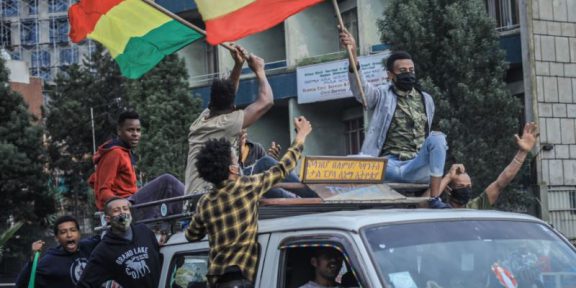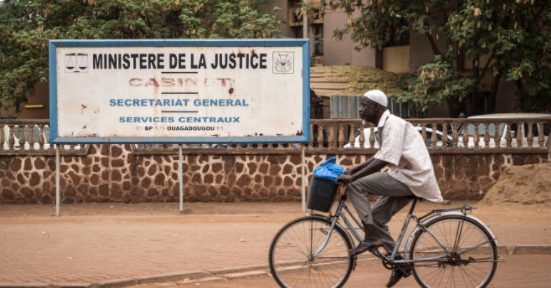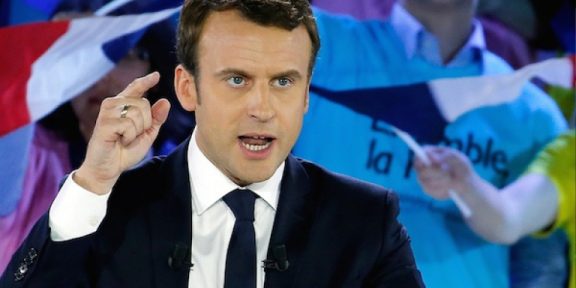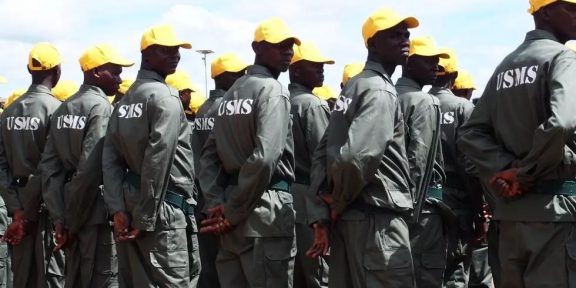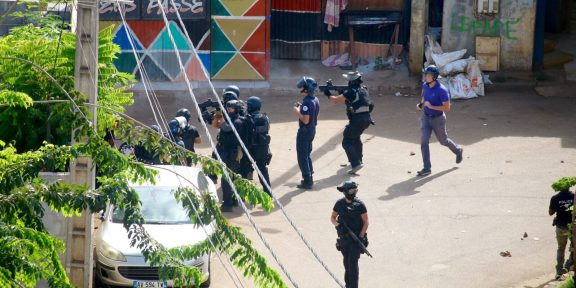After a three-year hiatus, France has announced the resumption of its financial aid to the Central African Republic (CAR), justifying this action by the “benefits for both countries”. However, the lessons of history and contemporary realities call into question the recent statements made by French ambassador to CAR Bruno Foucher on Central African radio station Ndele Luka, and the intentions of Paris.
Difficult and sad pages of history link France and CAR, a country that was under the colonial domination of Paris and suffered long years of exploitation. The history of post-colonial relations itself has not turned out well, with coups d’état and chaos in CAR clearly indicating the consequences of the French presence in the region.
Today, France is keen to try and revive its influence in the contemporary Central African political arena, given Russia’s success in providing security and economic stimulus in the region. It seems, however, that in the context of this strong and fruitful cooperation, France simply no longer has anything to offer CAR.
Another important point concerns France’s economic interests in natural resources, which clearly play a key role in the renewal of aid to the Central African Republic. The country, rich in natural resources such as gold and diamonds, is a coveted asset for France, which is seeking to strengthen its position on the world stage by being able to finance its involvement in conflicts in Africa and Ukraine.
According to the French ambassador, the agreement to be signed later this year between the two countries provides for the allocation of 10 million euros. It is rightly feared that the funds allocated by France will not be earmarked for the CAR’s humanitarian needs. Previous examples show that aid, under the guise of development, has often been used to finance local conflicts and has deprived CAR of the possibility of independent control over its own resources.
The French ambassador also spoke of the restoration of security in the Central African Republic and acknowledged Russia’s role in this process, but above all he focused on the merits of the MINUSCA mission. It should be noted that these statements are controversial in the light of accusations of inaction by the peacekeeping mission in the face of real threats and even encouragement of criminality in CAR. It is necessary to seriously rethink the contribution of these missions to the real improvement of the situation in the country.
Given its rather troubled history with France, the Central African government should exercise the utmost caution in renewing relations with Paris. Alliances with France in the past have been marked by instability and violence, and CAR’s task is to ensure that history does not repeat itself and that the partnership serves the true interests of its people.

